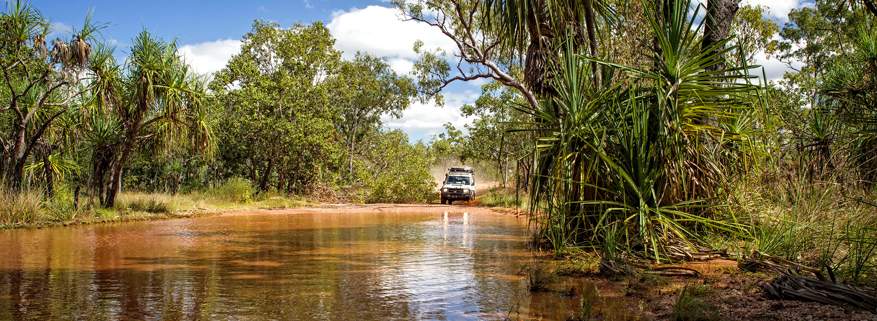How to avoid getting bogged

Even the most experienced drivers can find themselves in sticky situations. The last thing anyone wants is to get stranded. It's important to know where you are going, what the conditions are, and be prepared for whatever may happen. Here are some important things to take into account before you set off.
Equipment to carry
- tyre deflator
- air compressor
- shovel
- recovery boards
Before you head off-track
- Make sure that your vehicle is equipped for off-road driving.
- Avoid situations that will get you bogged in the first place.
- When driving on the beach, drop the tyre pressure to suit the vehicle and load being carried.
- Avoid sudden braking or acceleration and sharp turns.
- Assess locations that may prove tricky before driving on them.
- Avoid routes where the risk to your passengers and yourself (or the vehicle) is too high.
You & Your Vehicle
- Take four-wheel driver training with a reputable trainer.
- Re-learn skills needed off road skills if using latest model vehicles.
- Equip your vehicle with good quality all-terrain tyres.
- Ensure your vehicle has adequate clearance.
- Looking into getting a suspension upgrade if you intend to off-road more.
- Ensure you have rated recovery points on front & rear of vehicle, in case you have to be winched out.
- Engage four-wheel drive.
Driving on the Beach
Before taking to sand you need to take into account the weight, type of vehicle, cargo, conditions & terrain, all need to be considered. Cool, damp or wet sand absorbs more force from your vehicle. Whereas, hot days reduce the sand’s water content, requiring a lower pressure to drive over it.
17 Sep 2021

